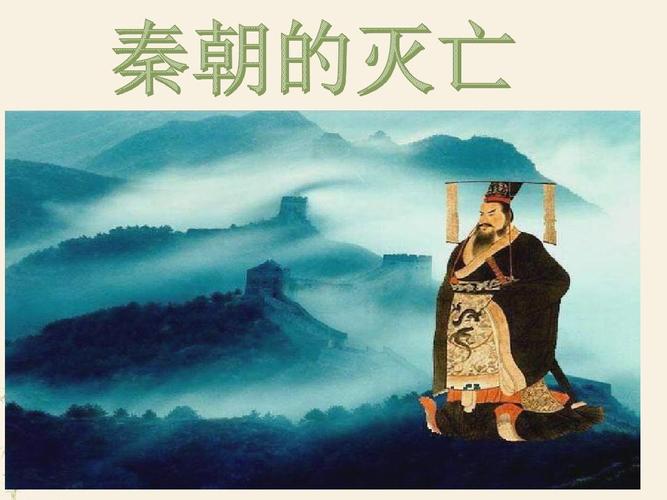
Why Did Qin Shi Huang, the First Emperor of China, Fear Death?
Qin Shi Huang, the first emperor of a unified China, is remembered for his grand vision and ruthless ambition. He standardized weights and measures, established a unified currency, and connected existing walls to form the precursor to the Great Wall. Yet, this emperor, who strived for ultimate control and left an indelible mark on Chinese history, harbored a profound fear of death. This fear, however, wasn't simply a personal dread of the unknown; it was intricately intertwined with his vision of an everlasting dynasty and his understanding of power and divinity.
His Vision of a Lasting Dynasty
Qin Shi Huang's life's work was the unification of China and the establishment of a dynasty that would endure for generations. He saw himself not just as a ruler, but as the inaugurator of a new era, one where his lineage would rule in perpetuity. Death, in this context, wasn't merely an end but a threat to his grand design. It represented instability, the potential for rebellion, and the possible disintegration of everything he had painstakingly built. His fear of death was, therefore, intrinsically linked to his desire to safeguard his legacy and ensure the continuation of his dynasty.
The Quest for Immortality and the Influence of Beliefs
To combat his fear, Qin Shi Huang became obsessed with achieving immortality. He dispatched expeditions to distant lands in search of legendary elixirs of life and consulted with numerous scholars and alchemists, hoping to find a way to cheat death. This pursuit of immortality wasn't simply a matter of personal vanity; it stemmed from the prevailing beliefs of the time.
During the Qin dynasty, Chinese society was deeply influenced by philosophies such as Legalism and Daoism, both of which offered different perspectives on life and death. Legalism, with its emphasis on order and control, likely reinforced Qin Shi Huang's desire to maintain control even beyond his mortal lifespan. Daoism, on the other hand, with its concepts of natural harmony and the cyclical nature of life and death, might have provided some solace but also fueled his quest for longevity.
Moreover, as a scholar of Chinese religious practices aptly observed about the emperor's Han successors, "Holiness essentially meant the art of not dying." This indicates that the concept of immortality was closely intertwined with power and divinity in ancient China. A ruler who could conquer death would be seen as possessing extraordinary power, further solidifying his authority and legitimizing his rule.
The Irony of Fear
Ironically, Qin Shi Huang's fear of death may have contributed to his demise. Historical records, such as the biography by Sima Qian, suggest that he became increasingly paranoid and isolated in his later years, consuming mercury-laden elixirs provided by alchemists, ironically poisoning himself in his pursuit of immortality. His reign, marked by grand achievements and brutal authoritarianism, ultimately ended after a mere 12 years as emperor.
Conclusion
Qin Shi Huang's fear of death provides a fascinating insight into the mind of a complex and ambitious ruler. It was a fear fueled by his desire for lasting power, influenced by the beliefs of his time, and ultimately, a fear that may have hastened his demise. His story serves as a potent reminder that even the most powerful individuals are subject to the inexorable forces of time and mortality.
Q&A
Q1: What were some of the specific actions Qin Shi Huang took to achieve immortality?
A1: Qin Shi Huang dispatched expeditions to mythical islands believed to hold the elixir of life. He also patronized alchemists, tasking them with creating potions for immortality, and reportedly ingested mercury pills, believing them to grant eternal life.
Q2: How did Qin Shi Huang's fear of death impact his reign?
A2: His fear led to paranoia and isolation, potentially contributing to his early demise. It also motivated his relentless pursuit of immortality, diverting resources and attention from other matters.
Q3: How is Qin Shi Huang's fear of death viewed in the context of Chinese history and philosophy?
A3: His fear reflects the broader cultural significance of immortality in ancient China, where it was seen as a mark of divine power and essential for rulers seeking to establish lasting dynasties. However, his ultimate failure to achieve immortality underscores the philosophical concept of the inevitability of death, a theme explored in various schools of thought throughout Chinese history.